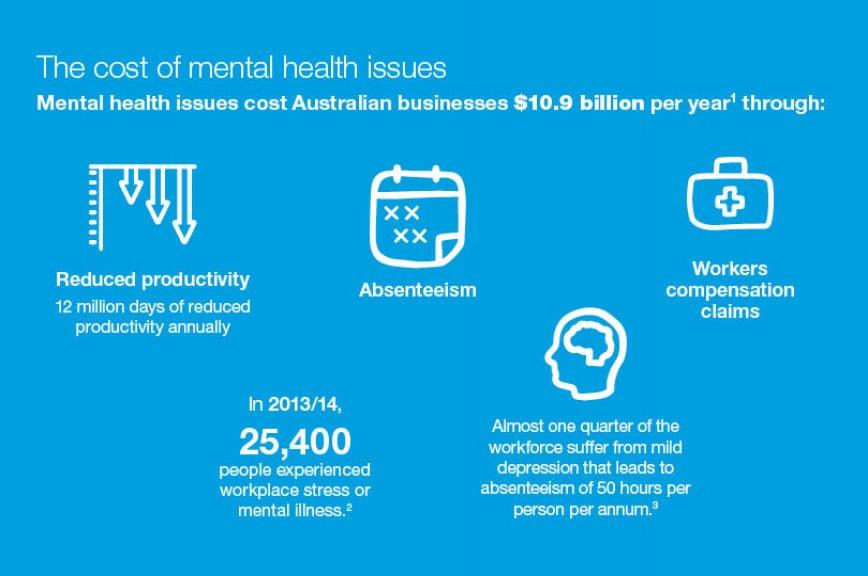- Greater understanding of risk assessment, suicide prevention, intervention strategies and patient support and management.
- Practice-specific strategy to support a suicidal patient.
- Endorsed by the Australian Practice Nurses Association.
- Participants qualify for six CPD hours upon completion.
Educate and empower yourself to prevent suicide
Supporting someone at risk of suicide can be difficult. Wesley LifeForce delivers suicide prevention training to give you the skills, knowledge and confidence to support people at risk of suicide in your community or workplace.
Our comprehensive approach educates people about suicide, challenges attitudes and teaches essential engagement and suicide intervention skills. Our robust program is regularly reviewed by our national advisory board.











